The University of Stavanger (UiS) is a public university in Norway, located in Stavanger, southwestern Norway. Here are some key information about the University of Stavanger:
Overview
Established: January 1, 2005 (upgraded from Stavanger University College to university)
Institutional nature: public
Main campus locations:
Stavanger, main campus
Nærland, some majors
Official website: www.uis.no
History
The history of the University of Stavanger dates back to the late 19th century, when it was established as a teacher training school.
In 1974, Stavanger University College was established.
On January 1, 2005, Stavanger University College was officially upgraded to the University of Stavanger.
School strength
UiS has about 10,000 students and about 1,500 faculty and staff.
It offers undergraduate, master's and doctoral programs covering a variety of subject areas.
It enjoys a good reputation in the fields of engineering and science, social sciences, education, health sciences, and humanities and arts.
The school has an international influence in petroleum engineering, energy technology, and environmental research.
Educational philosophy
Emphasizes practical learning and encourages students to develop skills through internships and practical projects.
Focus on interdisciplinary cooperation, especially collaboration between different majors.
Attach importance to international education, recruit international students, and provide courses taught in English.
Committed to solving global problems and promoting sustainable development and social justice.
Discipline settings
Undergraduate courses (Bachelor's degrees):
Engineering and science
Social sciences
Education
Health sciences
Humanities
Master's degrees:
Engineering and science
Social sciences
Education
Health sciences
Humanities
and other related fields of master's programs
Doctoral programs (PhD programs):
Engineering and science
Social sciences
Education
Health sciences
Humanities
and other related fields of doctoral programs
English-taught courses:
Most master's and doctoral programs are taught in English to attract international students.
Professional direction
Engineering and science: including petroleum engineering, energy technology, environmental science, computer science, etc.
Social Sciences: including psychology, social work, political science, economics, etc.
Education: involving primary education, secondary education, special education, etc.
Health Sciences: covering nursing, public health, physical therapy, etc.
Humanities: including history, philosophy, linguistics, etc.
Campus
Stavanger Campus:
Located in the center of Stavanger and surrounding areas, with convenient transportation.
The campus has modern teaching facilities, libraries, laboratories and social spaces.
Mainly concentrates most of the education and research activities.
Ness Campus:
Located in Ness, a suburb of Stavanger, it focuses on education and research in specific fields.
International Cooperation
UiS actively participates in international exchange programs and has established cooperative relations with many higher education institutions around the world.
Provide exchange student programs to promote students' international vision and cultural exchanges.
As a member of the European University Association (EUA) and other international organizations, UiS has an important position in international education and research.
Fees
For students in the EU/EEA, UiS is usually free, but a small registration fee is required.
For international students from outside the EU/EEA, tuition fees vary depending on the major, generally between 6,000 and 14,000 euros per year. The specific fees should be consulted directly with the school or visit its official website for the latest information.
In terms of living costs, the cost of living in Stavanger is relatively high, but you still need to consider the costs of accommodation, food and personal expenses.
Application requirements
Applicants usually need to have a high school diploma or equivalent.
You need to pass an entrance exam or interview to demonstrate your interest in the chosen major and your ability to work in a related profession.
The English proficiency requirement is usually B2 level (according to the Common European Framework of Reference for Languages CEFR), and some majors may require higher levels.
-
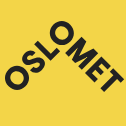
OsloMet - Oslo Metropolitan University
-
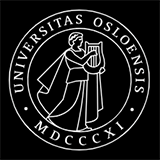
University of Oslo
-

University of South-Eastern Norway
-

University of Inland Norway
-

Nord University
-
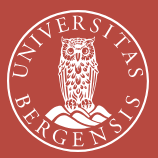
University of Bergen
-
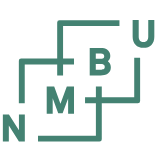
Norwegian University of Life Sciences
-

University of Stavanger
-

University of Agder
-
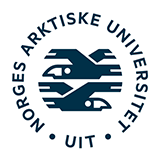
University of Tromsø
-

Mesoamerican University
-

Istmo University
-

Mariano Galvez University of Guatemala
-

Regional University of Guatemala
-

Galileo University
-

Francisco Marroquín University
-

Rafael Landívar University
-

University of the Valley of Guatemala
-

University of San Carlos of Guatemala
-

Technological Institute of Tlaxcala Plateau
-

Golfo University
-

Technological University of South Sonora
-

Technological University of Huejotzingo
-

Tizimín Institute of Technology
-

Chilpancingo Institute of Technology
